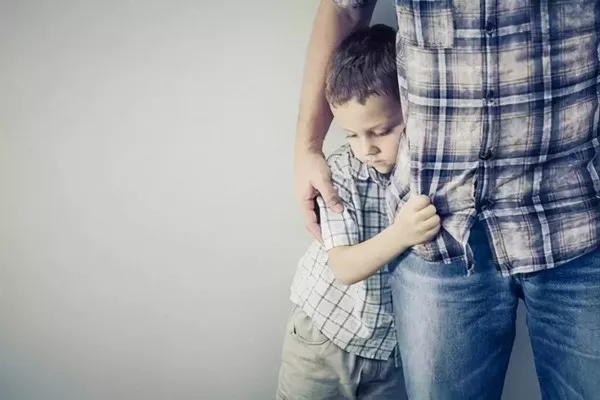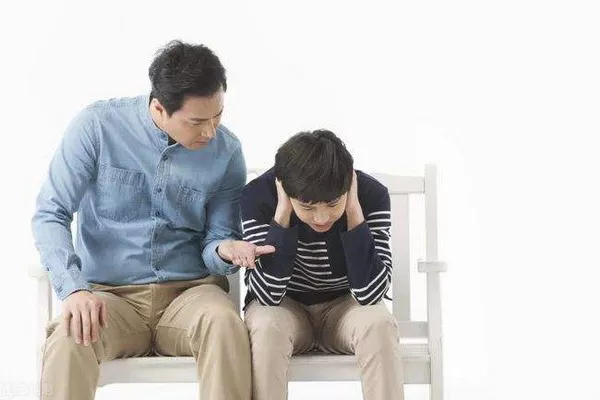For Huai Ngo Cing, the memories of fleeing Myanmar with her two children were buried deep within, untapped and unprocessed. Years of repressing the trauma came to a transformative juncture in a doll-making class nestled in Perth’s northern suburbs, offering her a unique outlet to confront her past and share her narrative with fellow refugee women.
The Multicultural Dolls Project, initiated two years ago, has become a haven for refugee women like Huai Ngo Cing. Beyond crafting dolls, the project serves a multifaceted purpose — raising awareness about mental health issues, providing crucial support, imparting life skills, and creating avenues for income generation.
Vidhu Karolia, the project coordinator, emphasized the distinctive nature of the doll-making classes as a means for these women to articulate their feelings. “How the doll maker feels … that’s what comes out in the doll’s expression,” she explained.
Huai Ngo Cing, hailing from a Christian minority group, found herself targeted in Myanmar due to the ongoing conflict, compelling her to escape with her two children in 2018. Recounting the hardships, she revealed, “In Myanmar, because of war, sometimes I planned to attempt to take my own life because there’s no security or safety at all … I always [felt] nervous or sad.”
Cultural taboos and a dearth of specialized services often deter refugee women from seeking the mental health support they desperately need. Language barriers, difficulty in identifying symptoms, and the fear of community shaming contribute to this reluctance. Jinan Shakarchi, who fled Iraq to Iran before arriving in Australia in 2001, highlighted the challenges faced by many refugee women, describing the sense of statelessness and isolation.
“I didn’t know the language, not the culture … I was lonely by myself with no family,” said Ms. Shakarchi, who has been diagnosed with depression. Conversations about mental health within her community remain fraught with difficulty due to stigmas and the fear of being labeled as “mad” or “crazy.”
Huai Ngo Cing and Jinan Shakarchi’s experiences echo a broader trend. According to the Australian Institute of Family Studies, approximately 48 percent of refugees have grappled with post-traumatic stress disorder, a stark contrast to the 11 percent prevalence in the general population.
In the heart of Perth, the Multicultural Dolls Project serves as not just a creative endeavor but a therapeutic odyssey, enabling refugee women to confront their traumas, share their stories, and foster a sense of empowerment through artistic expression.




























